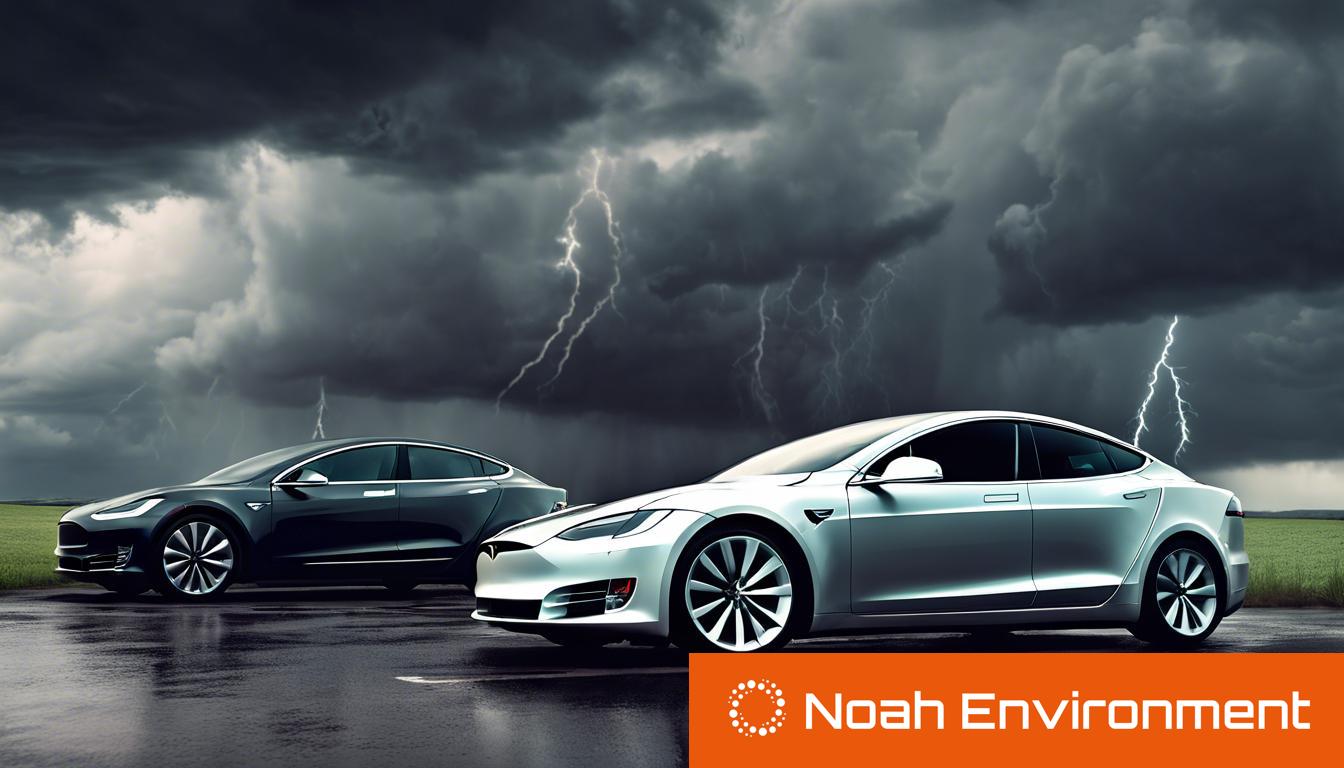Tesla accuses the Federal Chamber of Automotive Industries of spreading false information about Australia’s clean car initiative and its impact on vehicle prices, leading to a significant fallout.
Tesla has publicly criticized the Federal Chamber of Automotive Industries (FCAI), accusing it of disseminating “false claims” regarding the Australian Labor government’s clean car initiative and its potential impact on vehicle prices. The electric vehicle manufacturer expressed its discontent with the FCAI’s suggestion that the implementation of the policy could lead to significant price increases for popular petrol and diesel cars. Tesla rebuked the FCAI for engaging in a campaign against the policy, which they argue is aimed at delaying necessary climate action by spreading misleading information. Tesla also pointed out a contradiction within the FCAI, noting that some of its members have committed to ceasing the sale of combustion engine models by 2035 in key markets.
In response to the criticisms, the FCAI defended its stance, asserting it has long advocated for an efficiency standard to fight climate change while ensuring Australians have access to affordable, low-emission vehicles. Amid these industry debates, Australian Prime Minister Anthony Albanese denied allegations by Thai Prime Minister Srettha Thavisin that he requested a slowdown in the introduction of Australia’s fuel efficiency standards. The claims surfaced during discussions at the Asean summit in Melbourne, with the new standards aimed at reducing emissions from new vehicles starting January 2025.
In a stark move, Tesla announced its decision to sever ties with the FCAI, citing the lobby group’s support for companies opposed to climate action and its misleading public statements about the government’s vehicle emissions plan. Tesla has called on the FCAI to retract its claims and correct the spread misinformation. Despite the FCAI’s justification of its position, Tesla’s departure highlights the ongoing strife within the automotive industry regarding the shift towards cleaner transportation solutions and the methods to achieve it. The situation brings to light the broader challenges faced by the industry in aligning economic interests with the imperative of environmental sustainability.













